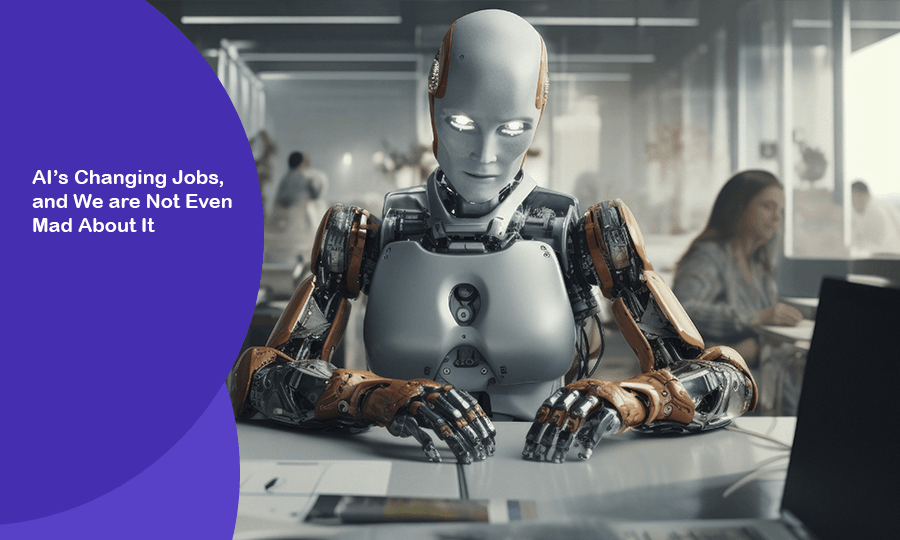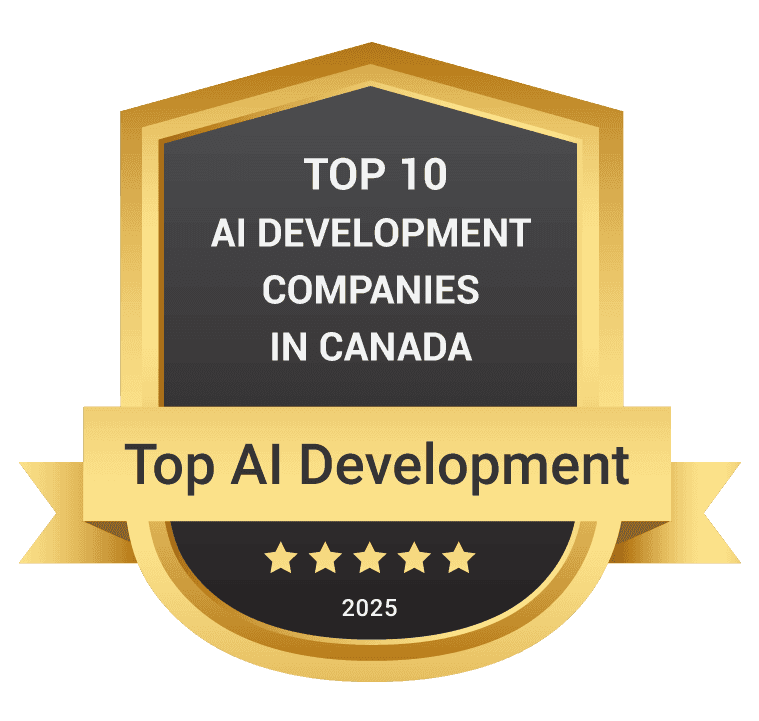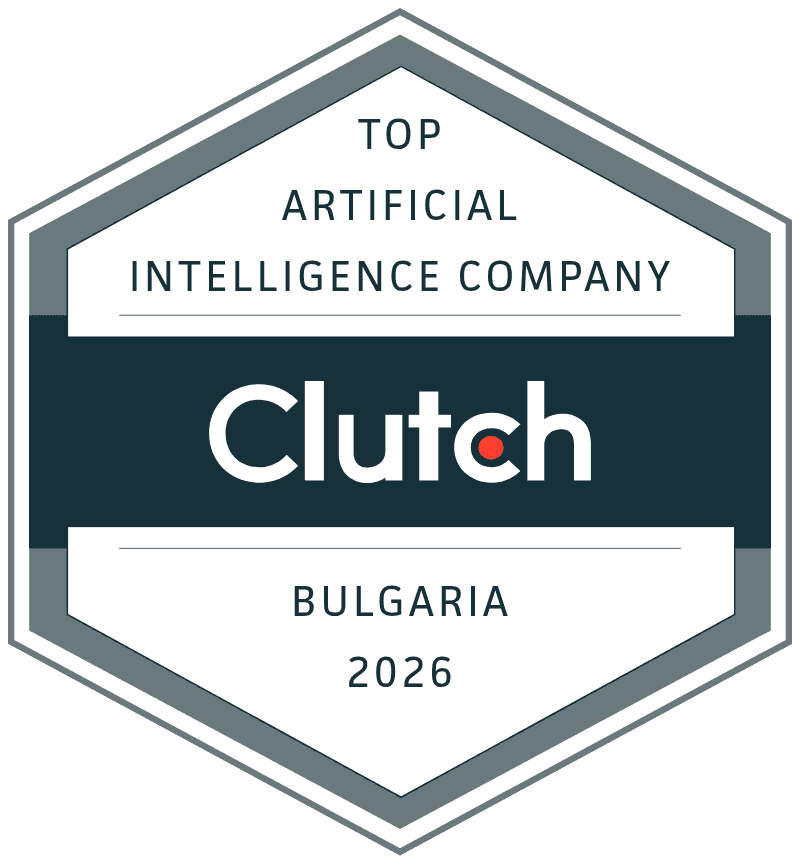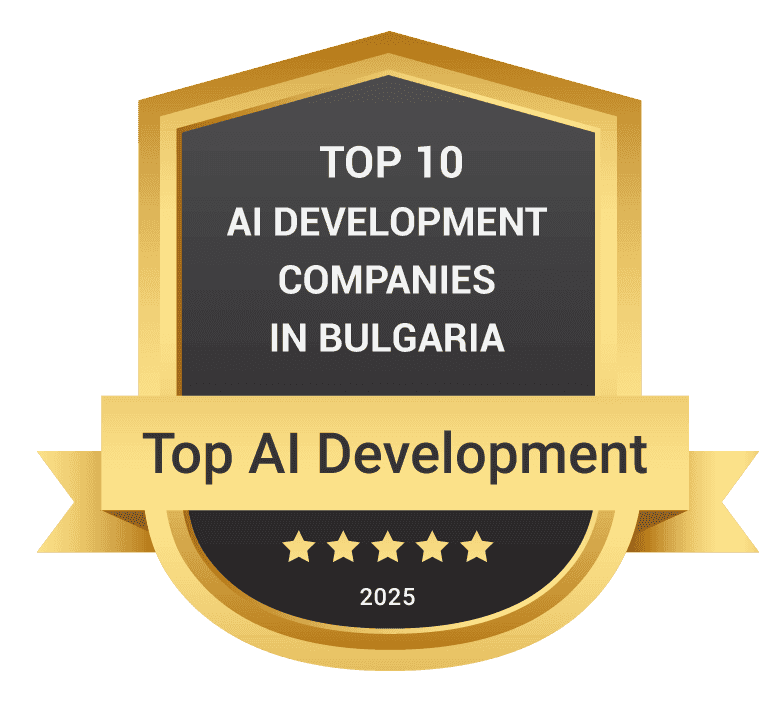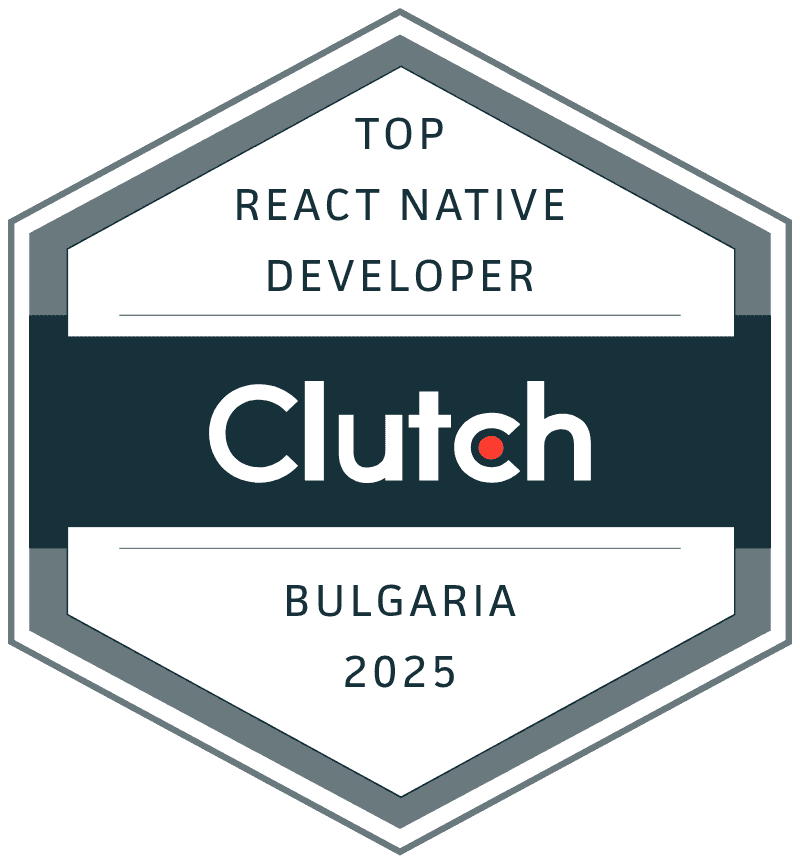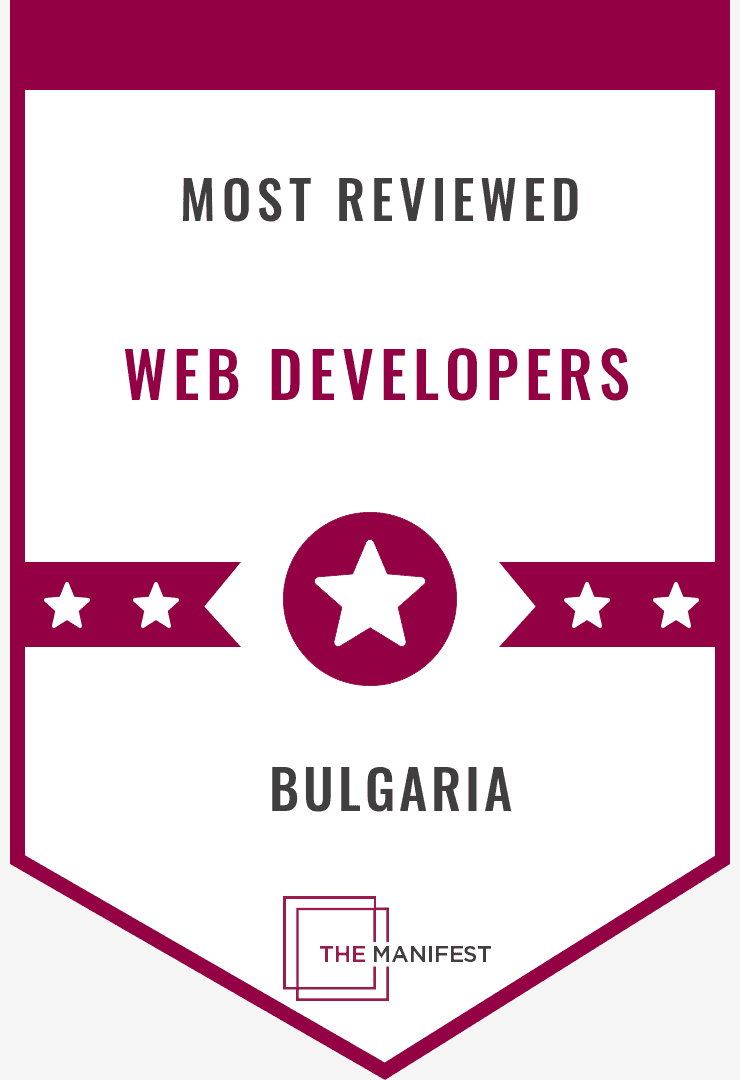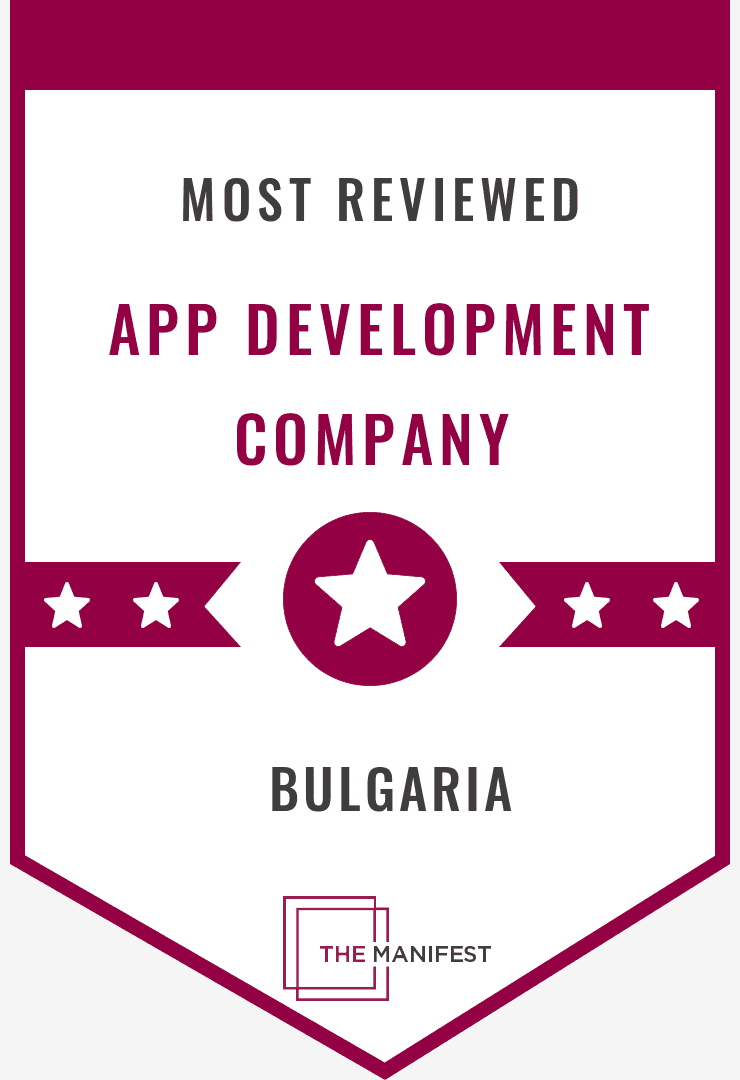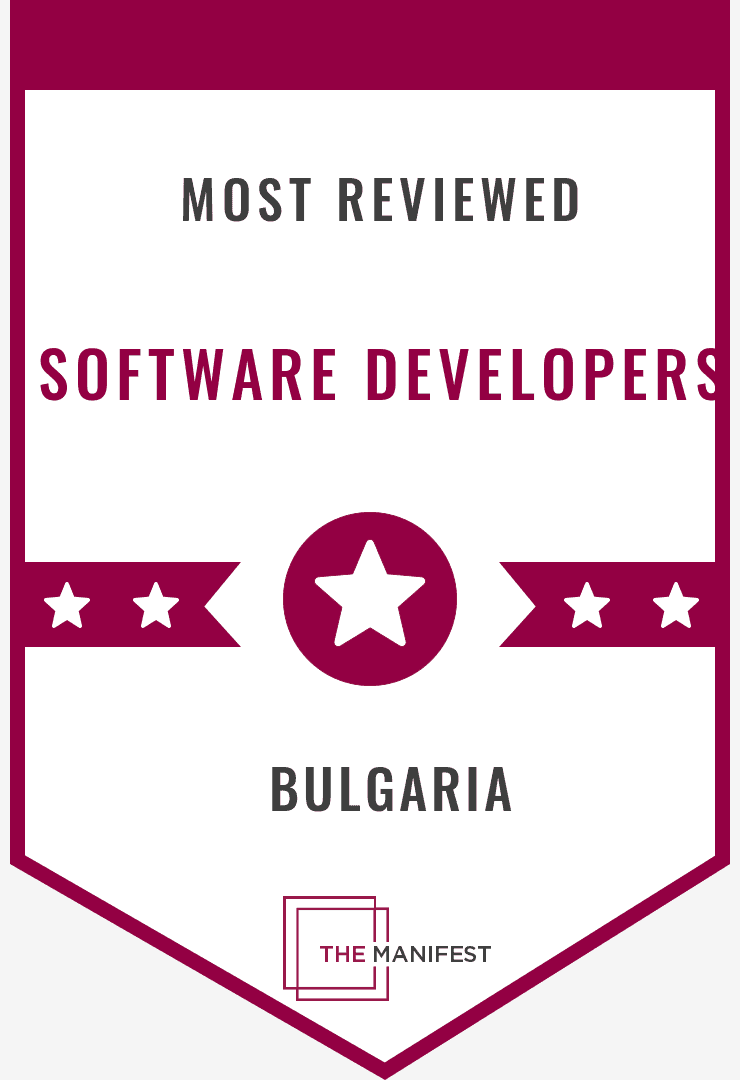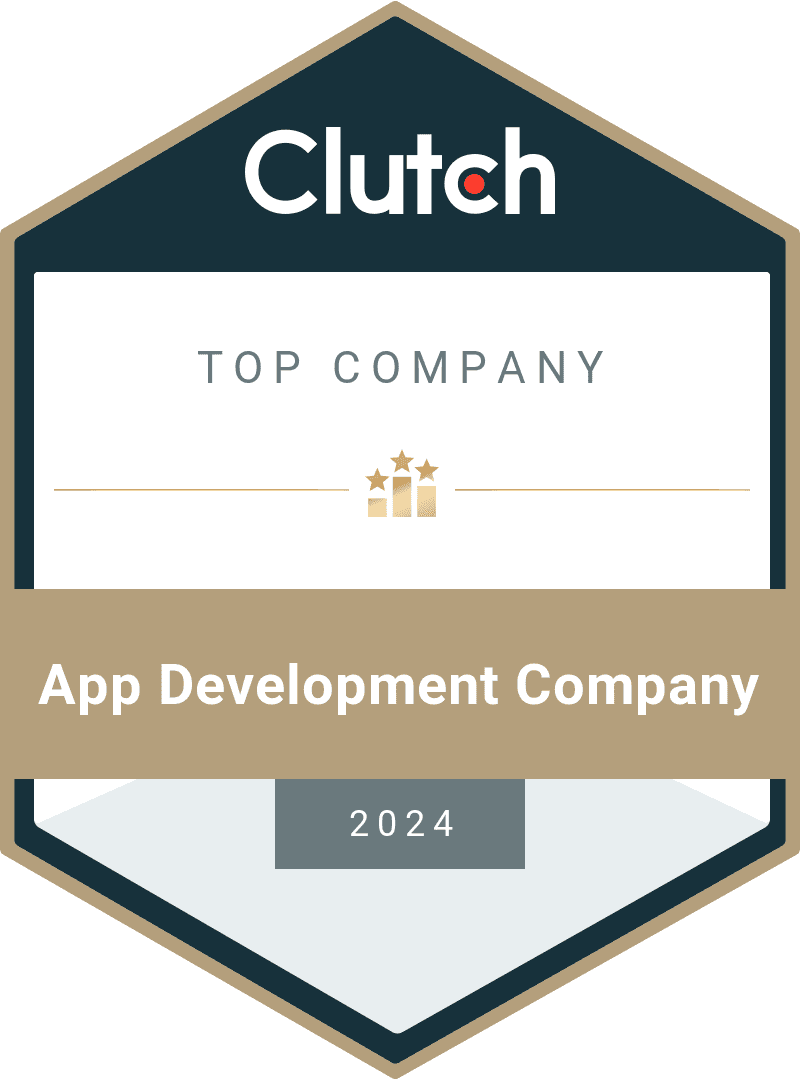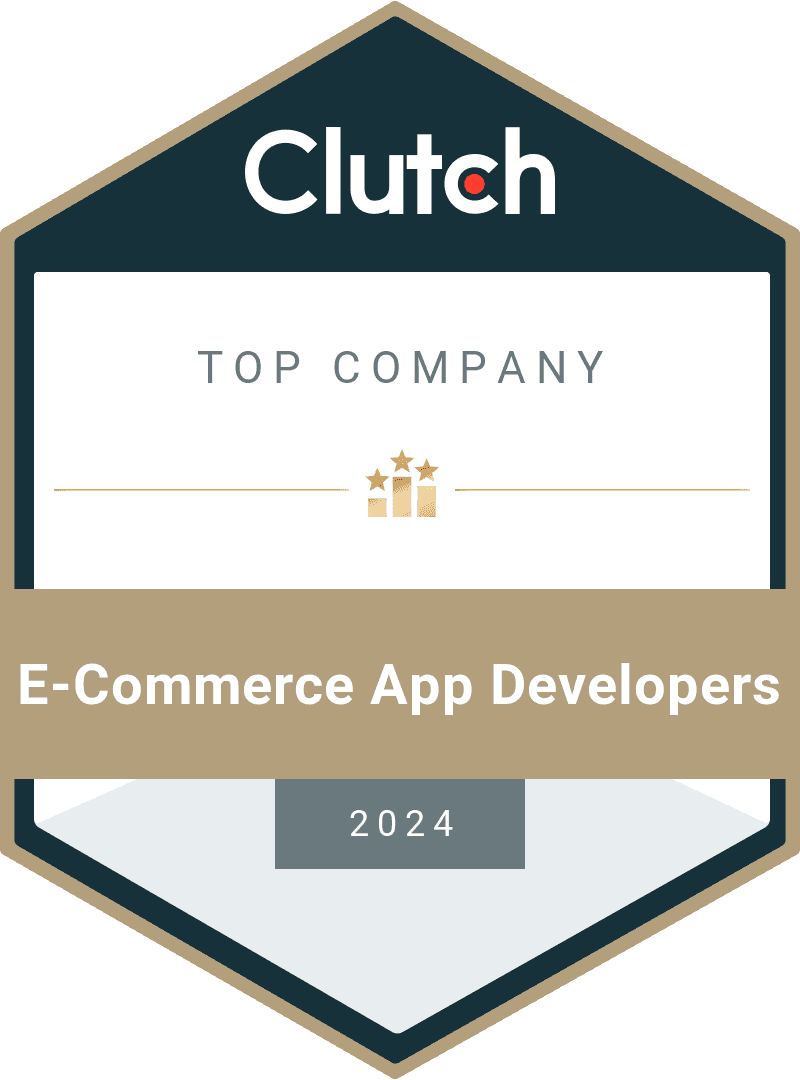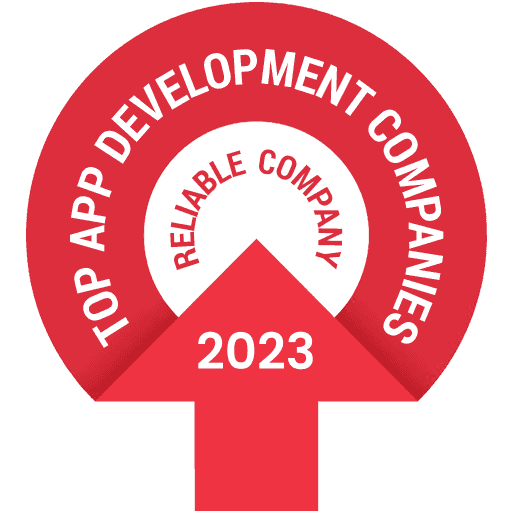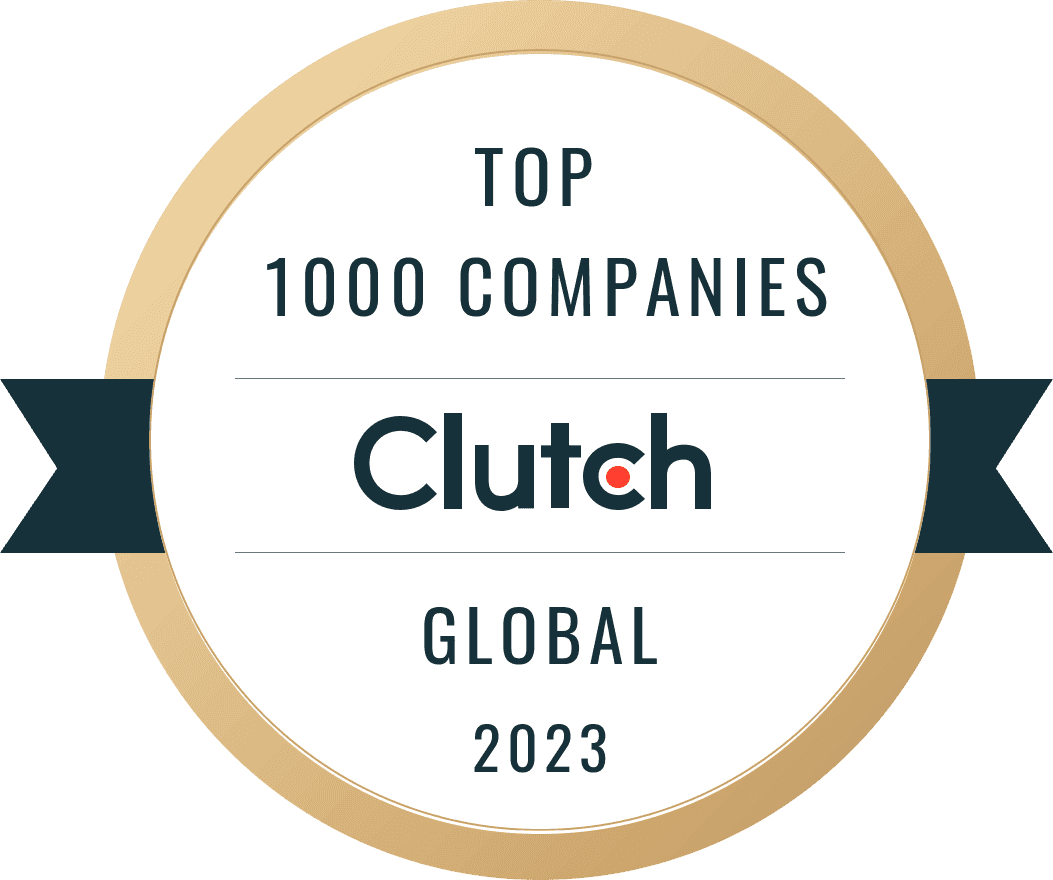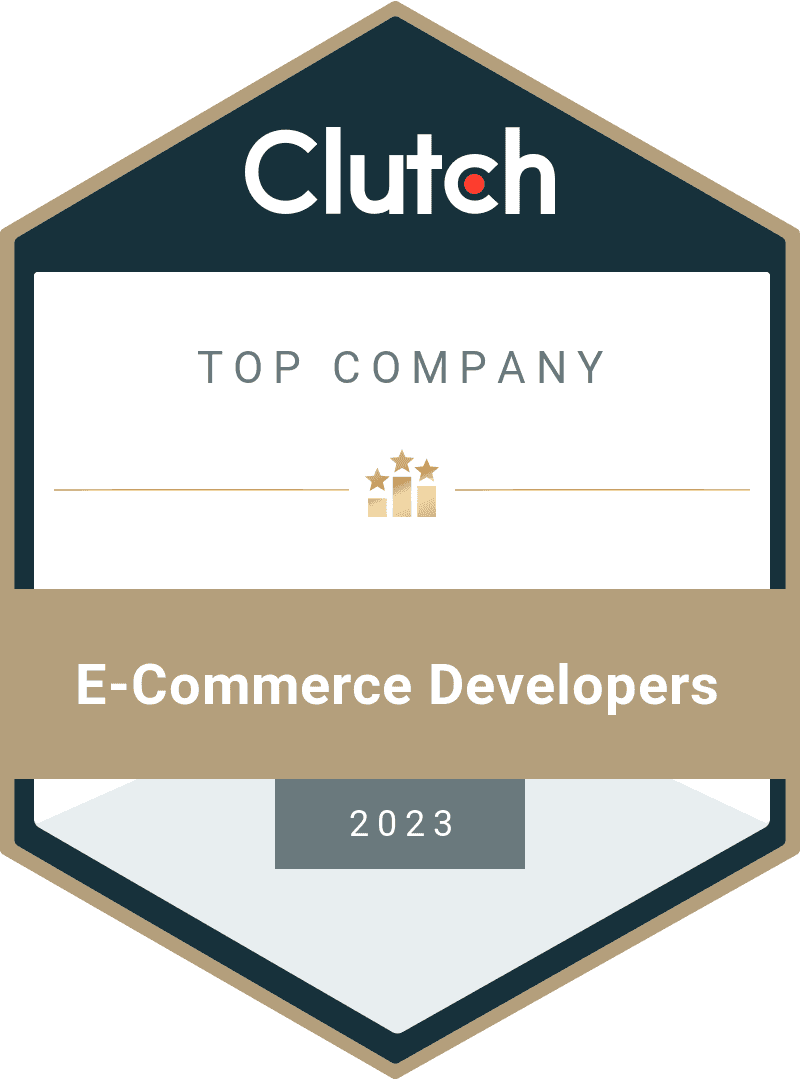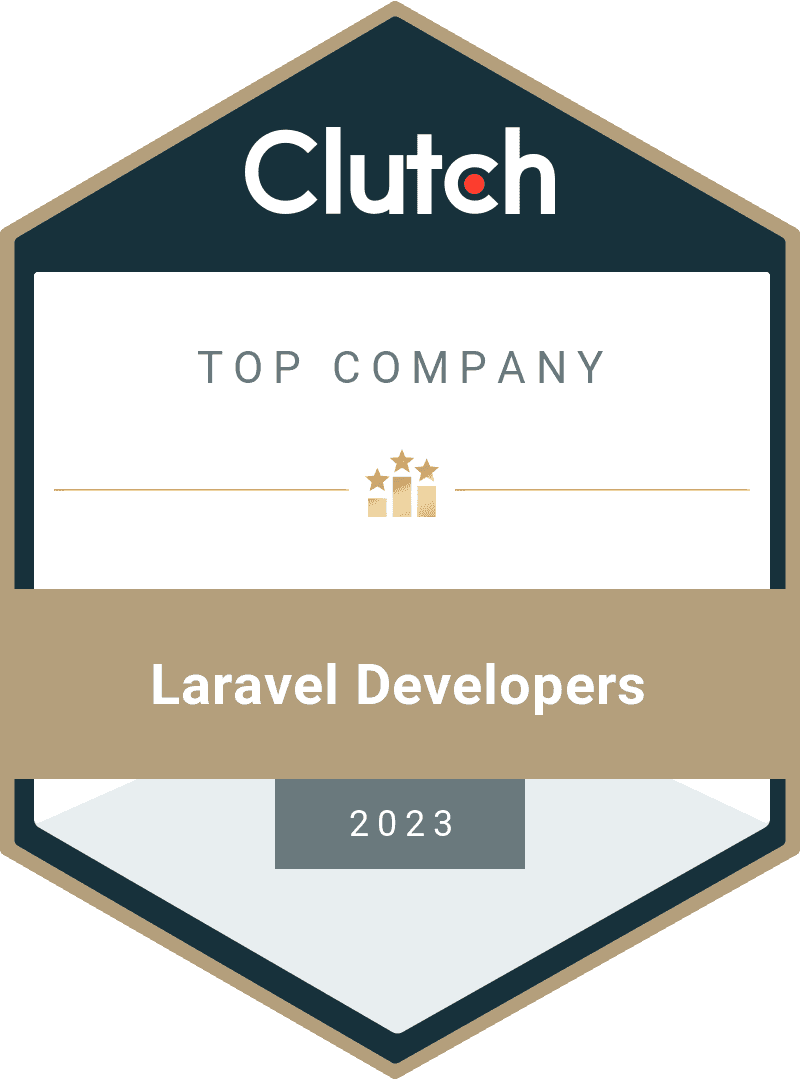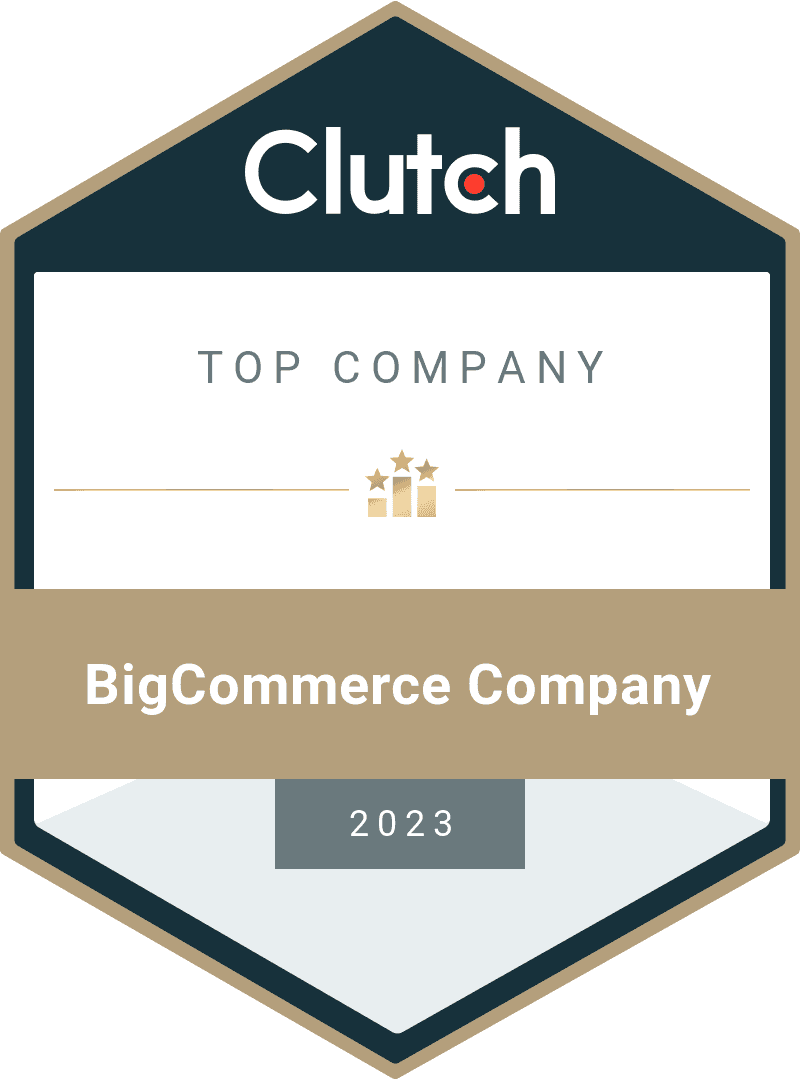Artificial intelligence (AI) is no longer a futuristic concept — it's here, transforming the way we work and live. At the heart of this revolution is generative AI, a technology that creates content, writes code, and powers innovation across industries. As of April 2025, generative AI development services are leading this charge, reshaping the job market and shifting how people perceive these changes. This article dives into how generative AI development is altering job roles, the pivotal role of generative AI development companies, and why public sentiment is warming to this technological shift — all while exploring the challenges and opportunities ahead.
A New Era for Jobs: How Generative AI is Changing Work
Generative AI development is redefining what’s possible in the workplace. Unlike traditional automation, which tackled repetitive, manual tasks, generative AI for software development and generative AI application development are automating creative and cognitive work. Imagine a tool that writes articles, designs marketing campaigns, or even generates software code — these are no longer sci-fi fantasies but realities powered by generative AI tools for software development.
Take content creation: generative AI software development has birthed tools that churn out blog posts, reports, and social media content in seconds. In software engineering, generative AI for software development shines through platforms like GitHub Copilot, which uses artificial intelligence development services to suggest and complete code, boosting developer productivity. Customer service, too, is evolving, with AI chatbots — built by generative AI development companies — handling routine inquiries, allowing human agents to tackle more complex issues.
Research backs this up. A McKinsey report predicts that generative AI development solutions will reshape a wide range of jobs by 2030, automating tasks in fields like finance, technology, and education. The Pew Research Center notes that higher-wage, white-collar roles are particularly exposed to artificial intelligence, with women disproportionately at risk in clerical and teaching jobs, according to the University of St. Thomas. Yet, this isn’t just about replacement — it’s about augmentation. Generative AI development services are enhancing human work, not eliminating it entirely.
The Powerhouse Behind the Change: Generative AI Development Companies
Who’s driving this transformation? Generative AI development companies like OpenAI, Google, and Deepnote are at the forefront, offering generative AI development solutions that businesses can’t ignore. OpenAI’s GPT-4 and DALL-E models exemplify how artificial intelligence development can create text and images, spawning new roles like AI ethicists and researchers. Google’s Vertex AI, a product of generative AI app development company efforts, lets businesses fine-tune AI models, enhancing software development workflows.
Meanwhile, generative AI application development is creating jobs, not just cutting them. Companies like Deepnote integrate generative AI tools for software development into data science platforms, generating demand for AI engineers and data scientists. Artificial intelligence experts and AI experts are increasingly vital, designing and implementing these systems. According to IoT Analytics, the demand for artificial intelligence development services is surging, with generative AI development companies leading the charge in turning mundane tasks into opportunities for strategic work.
This shift isn’t just technical — it’s economic. Applied generative AI for digital transformation is unlocking productivity gains, with businesses relying on artificial intelligence development service providers to stay competitive.
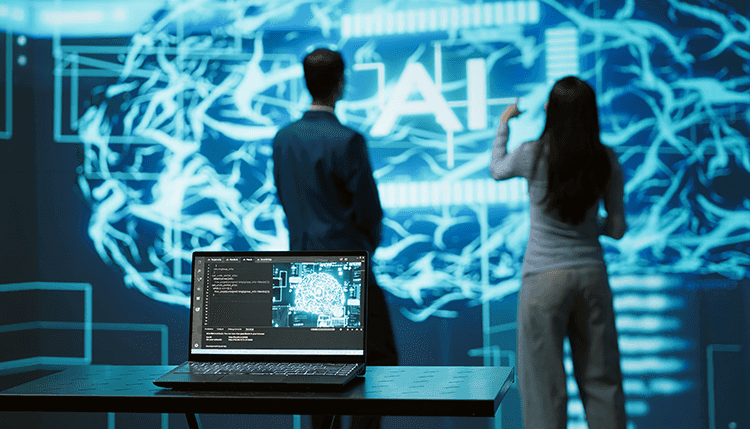
Public Perception: From Fear to Opportunity
Initially, artificial intelligence sparked fears of mass job loss. But as generative AI development matures, public perception is shifting. A survey by ADP Research shows workers are split — some worry about displacement, but many see generative AI software development as a productivity booster. Tools like ChatGPT, born from generative AI development companies, prove this by speeding up tasks from writing to problem-solving.
This optimism stems from new opportunities. Artificial intelligence development isn’t just automating — it’s creating roles like machine learning engineers and AI trainers. The University of San Diego highlights how generative AI application development is fueling job growth in tech. Meanwhile, reskilling programs are preparing workers for an AI-driven world. The Harvard Graduate School of Education emphasizes that training in applied AI can future-proof careers, turning AI into a collaborator rather than a competitor.
Economic promise helps, too. PwC estimates that generative AI development solutions could boost productivity nearly fivefold in exposed sectors, driving growth that people can feel. As artificial intelligence experts innovate, the narrative is shifting: AI isn’t here to take jobs — it’s here to transform them.
Challenges Ahead: Balancing Risks and Rewards
Despite the positives, challenges loom. Job displacement is real, especially in regions heavy with automatable industries, as Deloitte warns. Generative AI for software development might streamline coding, but it could also reduce demand for entry-level programmers. Gender disparities are another concern — women in clerical roles face higher risks, per EY, unless policies intervene.
The solution? Reskilling and regulation. Artificial intelligence development services must pair with training initiatives to transition workers into new roles. The World Economic Forum predicts a net gain — 170 million new jobs by 2030, offset by 92 million displaced — highlighting the need for adaptation. Applied generative AI for digital transformation will be key, but only if guided by AI experts who prioritize ethics and equity.
The Future: Embracing Generative AI’s Potential
So, where are we headed? Generative AI development services are set to redefine work, blending automation with human ingenuity. Generative AI development companies will keep pushing boundaries, offering generative AI development solutions that enhance rather than replace. Public acceptance will grow as reskilling bridges gaps and economic benefits materialize.
The IMF sums it up well: AI, especially generative AI development, will transform the global economy. To ensure it benefits humanity, we need innovation, ethical frameworks, and education. Artificial intelligence development service providers, alongside AI experts, will lead this charge, turning challenges into opportunities.
In short, generative AI app development company efforts are crafting a future where work evolves, not ends. By embracing applied AI and investing in people, we can harness artificial intelligence to build a world that’s more productive, creative, and inclusive than ever before.
Relevant Articles:

